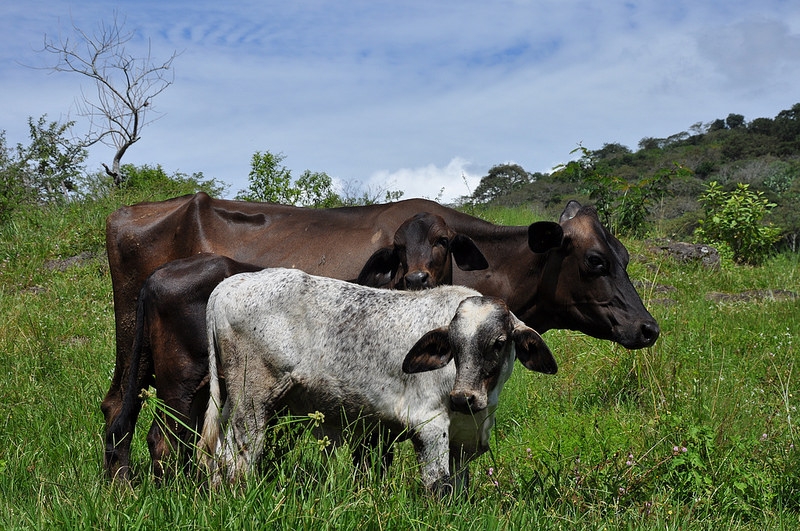
This project aimed to create an online system with a mobile app for registering and monitoring establishments in Costa Rica that prepare food of animal origin. It will also be used to follow up on inspections carried out in these establishments. Reasons for product seizures in abattoirs will be monitored through the app, which will also be used for taking samples under the country's national residues plan.
The application will provide the users of Costa Rica's National Animal Health Service (SENASA) with timely and reliable access to information on establishments that prepare food of animal origin, and enable them to follow up on inspections and areas where there is noncompliance. This will enhance SENASA's capacity to properly oversee the entire production chain and, as such, ensure the safety of products of animal origin.
As part of its remit, SENASA is responsible for ensuring the safety of food of animal origin. It carries out this task in accordance with the guidelines of its Directorate for the Safety of Products of Animal Origin (DIPOA). Through inspections and follow-up activities, SENASA registers and monitors establishments that produce food of animal origin. This monitoring function covers establishments that supply the domestic market and exporters.
In 2016, 14,336 establishments that produce food of animal origin were registered in the country. While monitoring and follow-ups are vital for the domestic market and exports, DIPOA lacks a system that facilitates information management to improve monitoring. This was pointed out in Costa Rica's PVS evaluation follow-up report (2015), which emphasized the need to improve methods for disseminating information to the parties concerned and "to design a single system for the collection and processing of information on slaughter findings in establishments authorized to export and supply the domestic markets, which would enable this information to be shared with the Operations Division and Epidemiology Department with a view to its inclusion as input in cattle disease and zoonoses programs". The notified project thus aims to consolidate SENASA's activities in this area.
Strengthened capacity to ensure the safety of products of animal origin
SENASA strengthened its capacities for the health monitoring and follow‑ups by designing and setting up an online platform, known as the Sistema de Inspección y Control de Establecimientos (Inspection and Control System for Food Production Establishments, SICE). To set up the platform, a training, validation and feedback process was carried out with internal users (SENASA veterinarians and technicians); and external users (veterinarians, technicians and managers of establishments). The online system was launched in 2020 and more than 400 people from the public and private sectors were trained to use the system.
Strengthened transparency
The system ensures that domestic and international users have rapid and transparent access to information and to the traceability of processes, so as to be informed about the status of audits and the implementation of requested corrections.
Risk‑based inspection model included
The risk‑based model is being implemented, which incorporates a preventive rather than reactive approach in establishments that prepare food of animal origin for human consumption, taking into account information generated by the system. This leads to strengthened scientifically-based decision‑making and optimized use of resources, which, in turn, enables the institution to direct its efforts to other areas.
Flexible solutions and tools tailored to national requirements
This development allows for tools that respond to the country's circumstances and needs. As such, it does not have to use systems created for other circumstances that in the long run may generate higher implementation and adjustment costs to achieve the objectives. The flexibility facilitates adjustments to changes and new contexts.
Virtual tools for meetings and training and awareness activities
Following the guidelines issued by national authorities to address the COVID‑19 pandemic, many virtual tools were used for meetings. This made it possible to meet the proposed objectives and demonstrated that virtual platforms enable better use of time and greater participation. However, a good internet connection is required, and some users must be trained on how to use the tools. This takes into account the fact that face‑to‑face meetings and activities may have to be included in work plans when required.
Multidisciplinary visions in processes
During the development and validation stage, it was essential to have a quality multidisciplinary team that included personnel from different areas of SENASA and external users. It is recommended that this practice be followed in other similar contexts by selecting a suitable and representative team with technical expertise and experience in teamwork and the use of virtual tools.